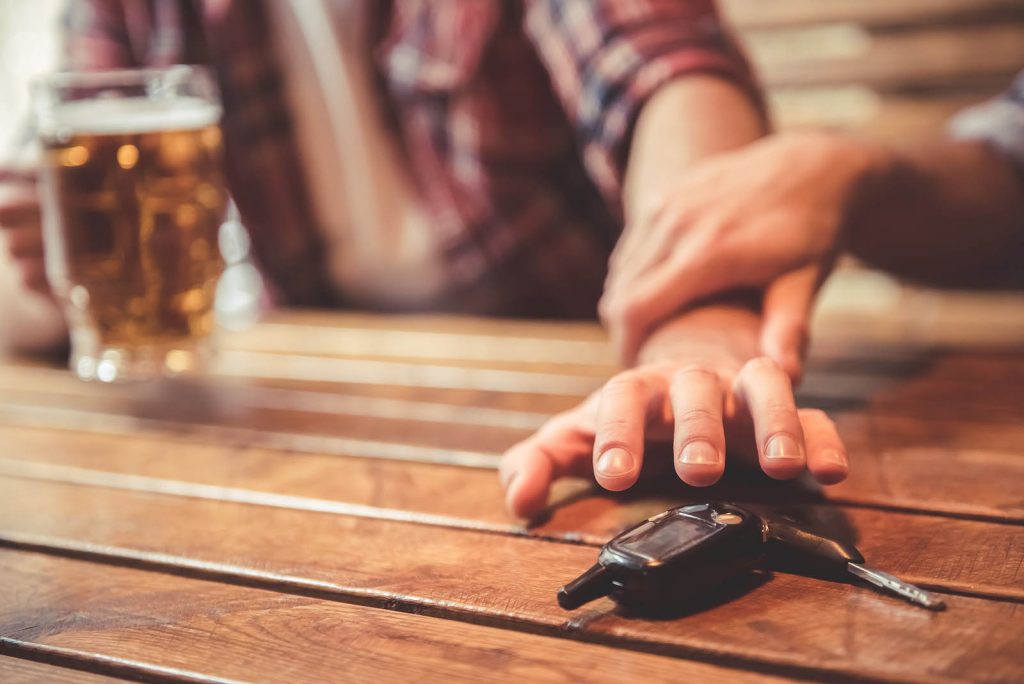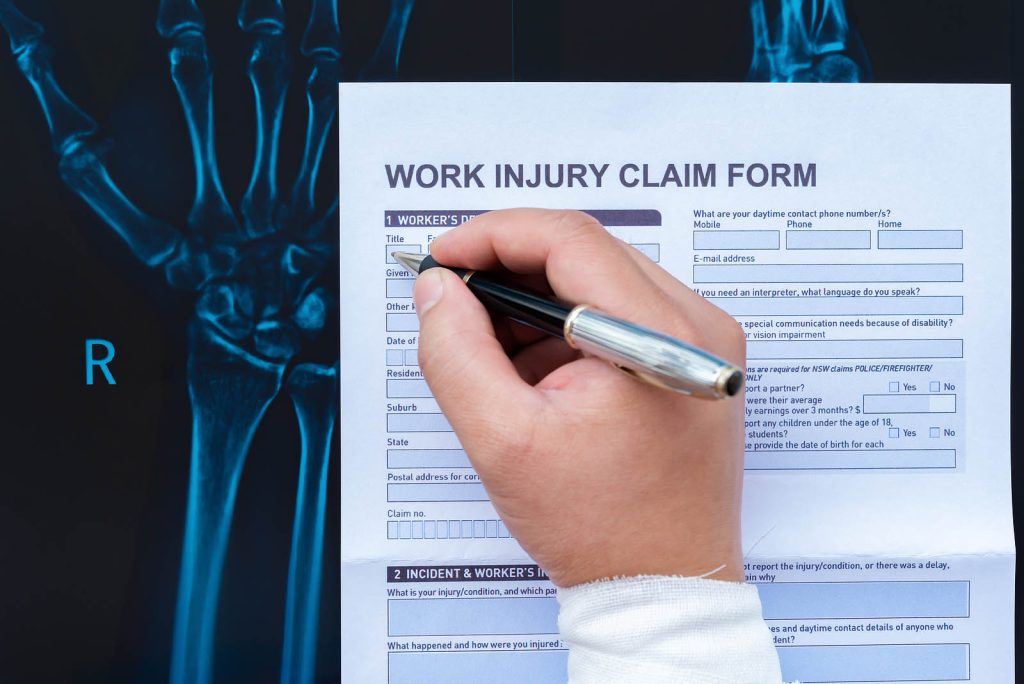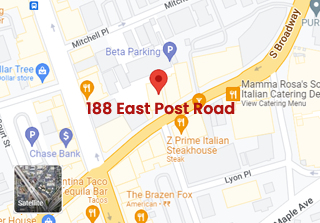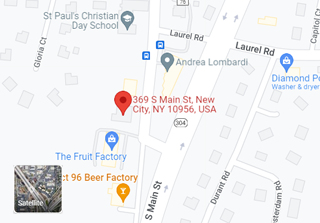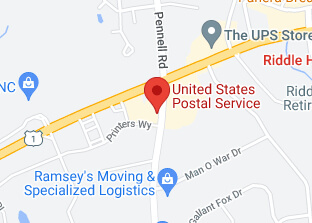It’s starting to become a joke in popular culture of the random person who slip and fall in supermarkets and receives a windfall from the case. The appearances and references in media are portrayed as such that it appears that these individuals are almost looking for the opportunities in which they can slip and fall and gain some money out of it. But while those fictional situations are all just comedy, what occurs in real life is anything but.
Slip and fall cases are serious scenarios in which due to a person or company’s negligence, someone slips or trips on a floor hazard and gets injured. The severity of the injury can vary as the fall itself can lead the person into even more hazards ex. Falling down the stairs, tripping into obstacles, slipping back and falling into or onto a harmful substance etc. These scenarios can adversely affect someone’s life tremendously depending on the situation and variables involved. So, it’s best to be educated before these event’s happen. So, when is a store liable for a slip and fall?
Negligent if: it can be proven that employees of the store had every opportunity and the time to clean or remove a floor hazard. For example, if a child accidentally drops a glass-bottled drink on the floor thus creating a floor hazard and the family just moves on from it, footage will need to be watched to see who passes by it and notices the hazard and does nothing about it. It would also need to be proven that the employees weren’t occupied by some greater or more pressing task that they couldn’t clean the hazard or visibly mark it with a warning for other passerby customers. Alternatively, if the parent of the child had notified someone of the hazard and they decided to ignore it for 20 minutes, if someone had slipped and fell within that 20 minutes, then they would indeed be found negligent.
Not negligent if: a customer notices a warning showing the hazard and decides to tread the area anyway, falling as a result. This is because the store showed their duty of care in setting up the warning which the customer ignored. The store is also not negligent if someone walks in from a rainy or snowy day outside and slips on his or her own hazard created by the liquid brought in with their shoes. Especially given that most stores have a section at the front to dry their feet.
If you have questions about a case, contact a personal injury attorney like the lawyers at Eric Roy Law Firm for help.



